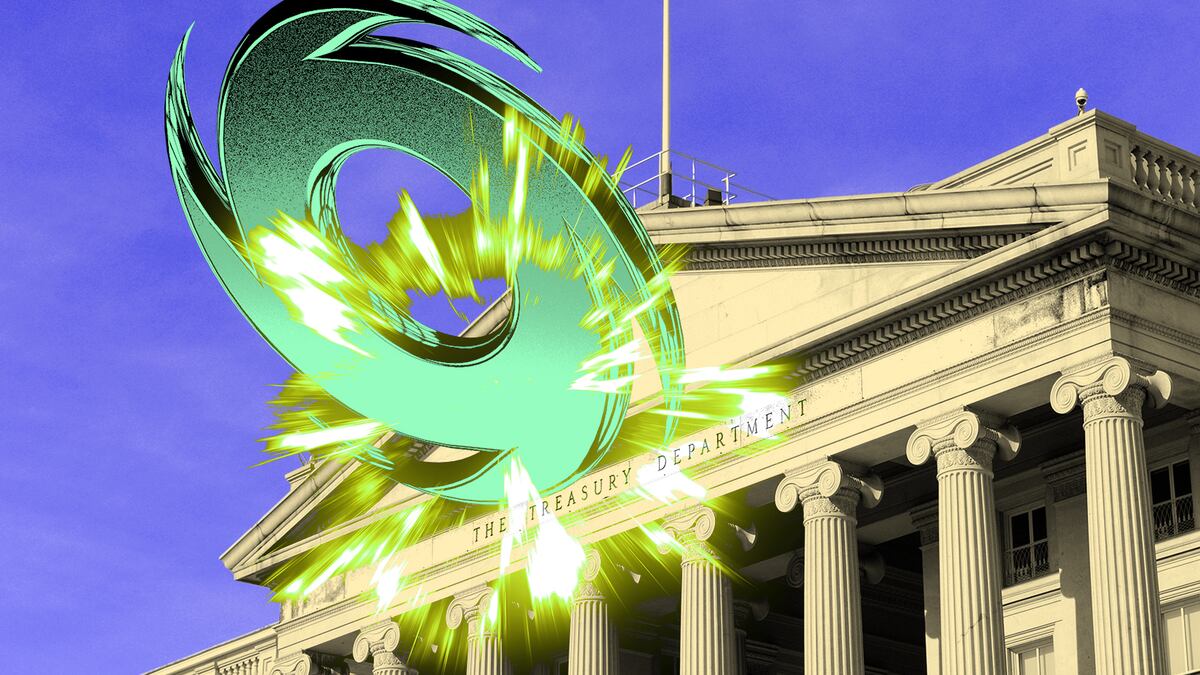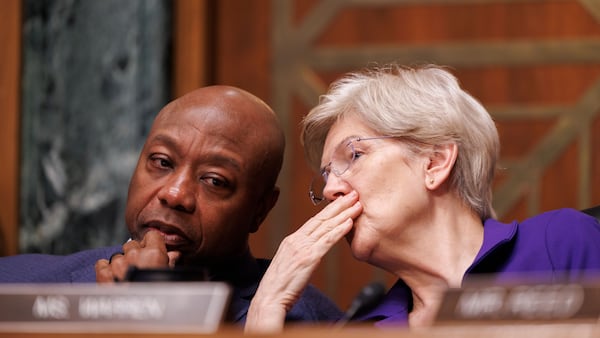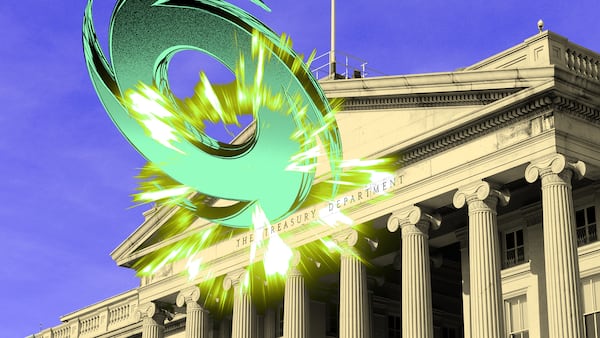- Tornado Cash has prevailed in a long-running legal battle over US sanctions.
- The US government cannot re-sanction the protocol, a judge ruled.
Crypto privacy protocol Tornado Cash cannot be re-sanctioned by the US government.
Tornado Cash users prevailed in a long-running lawsuit this week, when a federal judge in Texas granted their request that he bar the US government from re-sanctioning the protocol, as it had in 2022 due to its use by North Korean hackers.
The protocol’s token, TORN, jumped 5% on the news Tuesday.
The US Department of the Treasury removed Tornado Cash from its list of sanctioned entities in March, citing a “review of the novel legal and policy issues” raised by “evolving technology and legal environments.”
But the agency said it had removed the protocol at its discretion, suggesting it could re-sanction the protocol at a later date despite a November ruling from a US appellate court.
The court found Treasury had overstepped its authority when it first levied the sanctions, and ordered the district judge in Texas, Robert Pitman, to remedy the issue.
Government lawyers argued that was unnecessary. Removing Tornado Cash from the sanctions list meant the plaintiffs’ issue had been resolved, they said.
But the plaintiffs — Ethereum developer Joseph Van Loon and five other Tornado Cash users — said the issue wouldn’t be resolved without a guarantee the government could not sanction the protocol in the future.
The Tornado Cash trial
In 2022, the Office of Foreign Assets Control, or OFAC, sanctioned Tornado Cash for laundering $7 billion in cryptocurrencies since its inception three years earlier.
OFAC, a unit of the Treasury Department, said the mixer handled $455 million in crypto stolen by the Lazarus Group, the North Korea-backed hacking outfit that regularly loots crypto projects and helps fund the pariah nation’s nuclear weapons programme.
In September 2022, Van Loon and his co-plaintiffs sued the Treasury Department and OFAC, arguing that sanctioning a mere tool such as Tornado Cash was an unprecedented — and unconstitutional — overreach.
In August 2023, Pitman ruled in favour of the government, and the plaintiffs appealed.
Last November, however, an appeals court in New Orleans found the lower court had been wrong to side with OFAC.
The three-judge panel said the national security law cited to support the sanctions did not cover immutable, self-effectuating software programmes such as the Tornado Cash smart contracts — just people and corporate entities.
The opinion was a landmark for crypto privacy.
“Its significance cannot be overstated,” Presto, a crypto research firm, said in its daily market brief last month.
But the appeals court had found only that Pitman had erred. It directed him to issue a judgment in line with its own findings.
That ruling, as well as the Treasury Department’s decision to proactively remove Tornado Cash from its list of sanctioned entities, set off a legal skirmish over how Pitman should honour the appellate judges’ demands.
“Tornado Cash is no longer subject to sanctions by the Office of Foreign Assets Control, and this matter is now moot,” the Treasury Department told the Texas judge.
Van Loon objected.
“This case is not moot, and the Court should not entertain the Department’s latest effort to avoid judgment,” his lawyers said, adding the Treasury Department has implied it would seek to re-sanction Tornado Cash in the future.
While Van Loon prevailed, the developers behind Tornado Cash still face significant legal trouble.
Co-founder Roman Storm has been charged with facilitating money laundering. His trial is set to begin in New York in July. Another co-founder, Roman Semenov, is wanted by US authorities and remains at large.
Tornado Cash developer Alexey Pertsev, meanwhile, was found guilty of money laundering by a Dutch court. He is appealing his sentence.
Aleks Gilbert is DL News’ New York-based DeFi correspondent. You can reach him at aleks@dlnews.com.







